German supercomputing firm ParTec AG has stepped up its legal challenge against Nvidia with a third patent infringement lawsuit filed at the Unified Patent Court in Munich. This new suit targets Nvidia’s DGX supercomputers, which are a key part of AI infrastructure powering advanced workloads in sectors ranging from healthcare to automotive and finance.
At the heart of ParTec’s case is a patent covering their dynamic Modular System Architecture (dMSA)—a technology that allows different types of microprocessors, such as CPUs and GPUs, to dynamically coordinate and share workloads even during active calculations. This architecture is crucial for AI supercomputers that require efficient cooperation between processors to handle massive data and compute tasks in real time.
ParTec’s dMSA technology is already deployed in some of Europe’s largest supercomputers and is seen as a cornerstone for next-generation AI-focused systems. The company had initially explored collaboration with Nvidia back in 2019, sharing details of its patented ParaStation software and dMSA concepts.
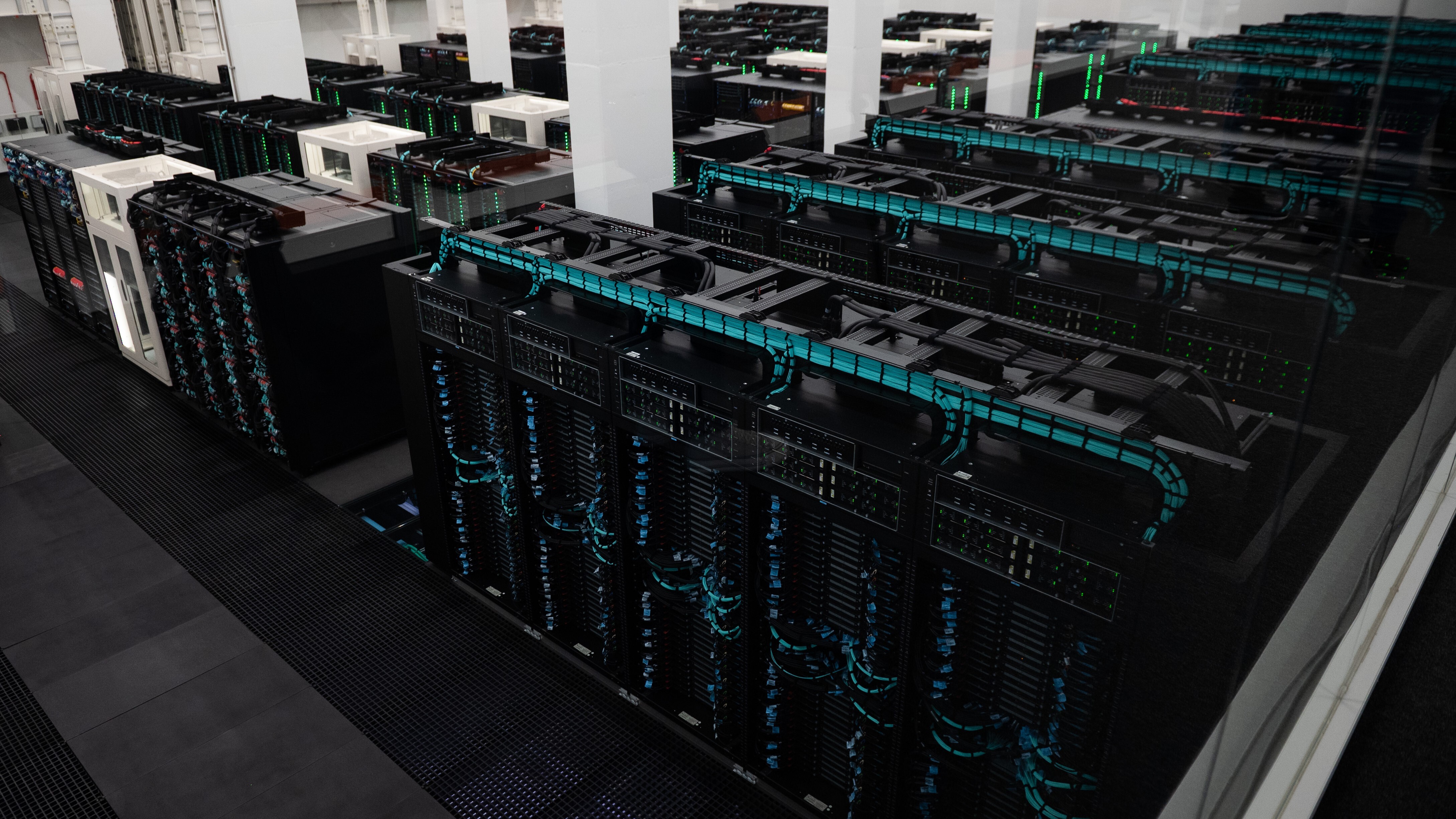
Although Nvidia declined to jointly develop GPUs for supercomputers, the two companies worked together on various projects where Nvidia supplied GPUs. However, since ParTec initiated its patent lawsuits—particularly a high-profile case against Microsoft in Texas involving the same core technologies—Nvidia has ceased discussions on supplying GPUs for upcoming European supercomputer projects with ParTec.
The lawsuit demands Nvidia stop selling essential DGX products across 18 European countries where ParTec holds patent protection. ParTec is also seeking detailed sales disclosure and damages, highlighting the financial stakes of this dispute.
This escalation accentuates a broader tension in the AI hardware space: Europe’s dependence on U.S.-based tech giants like Nvidia and Microsoft for cutting-edge AI infrastructure, while European innovators like ParTec push to protect their intellectual property and stake a claim in this fast-growing market. ParTec’s CEO Bernhard Frohwitter has voiced concerns that the current dominance of U.S. companies poses risks to Europe’s status as a competitive high-tech hub.

Beyond the courtroom, the technical implications are significant. The dMSA patent represents a critical innovation in how supercomputers allocate processing tasks across heterogeneous architectures—an essential factor in AI model training efficiency and scalability. If ParTec’s suit succeeds, it could force Nvidia to alter how it designs and sells its AI systems in Europe or negotiate licensing deals, potentially shifting competitive dynamics.
ParTec itself faces financial challenges but says it remains committed to advancing European supercomputing capabilities, including projects in AI and quantum computing. Its push to defend dMSA could not only secure revenue streams but also encourage broader adoption of its modular computing approach.
The outcome of this legal battle will be watched closely by AI developers, hardware manufacturers, and cloud providers, as it may set precedents impacting innovation, collaboration, and competition in AI supercomputing for years to come. These processes are slow, but if any interesting update surfaces in the coming weeks, we will be sure to follow it up with subsequent coverage.
Follow Tom's Hardware on Google News to get our up-to-date news, analysis, and reviews in your feeds. Make sure to click the Follow button.

 4 months ago
18
4 months ago
18
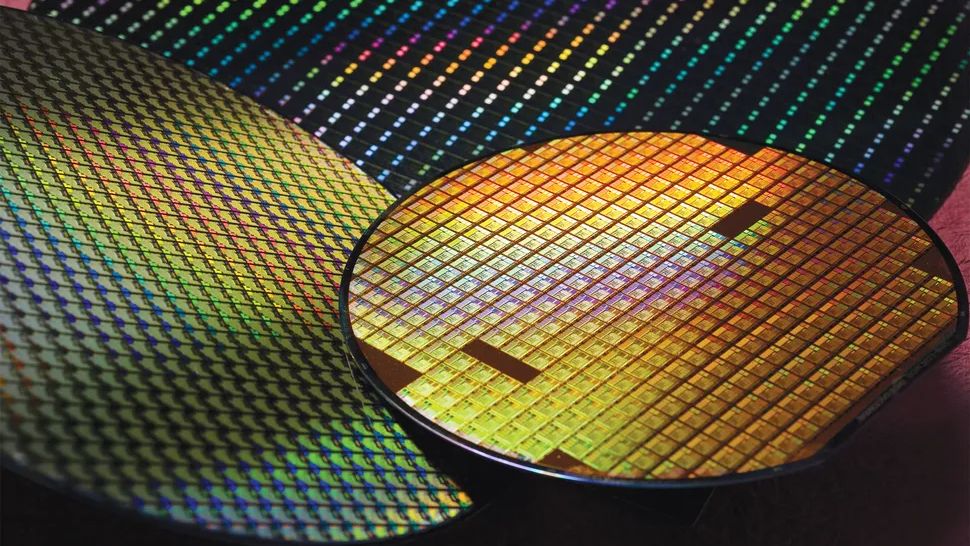
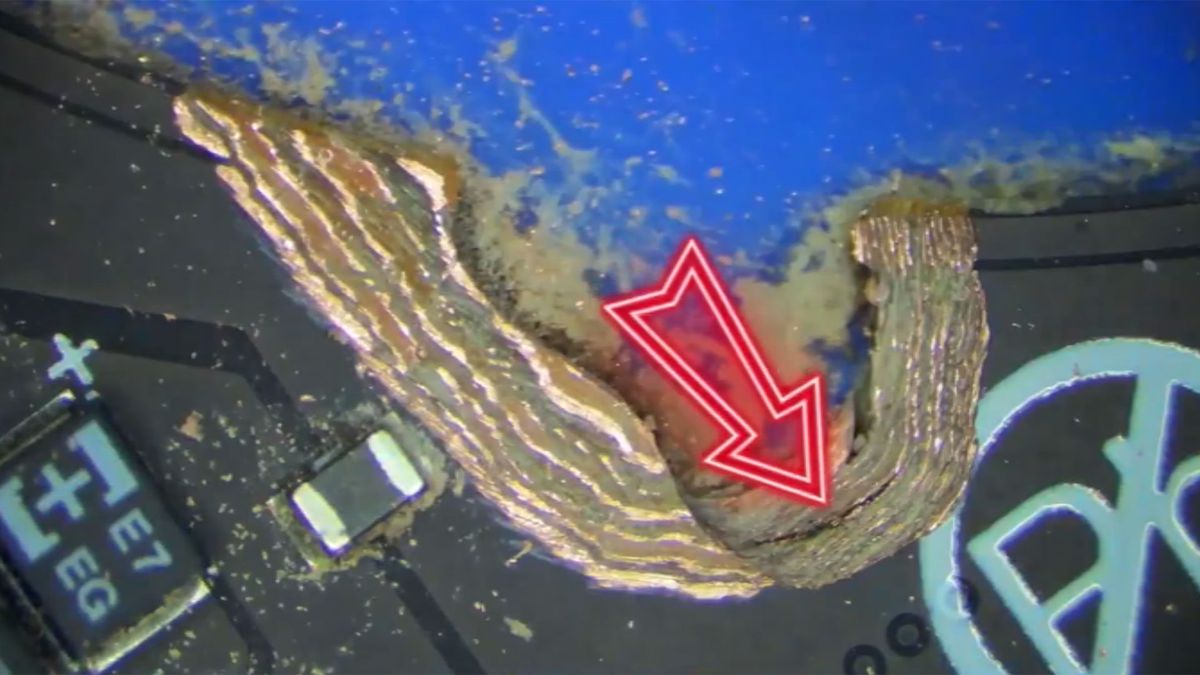
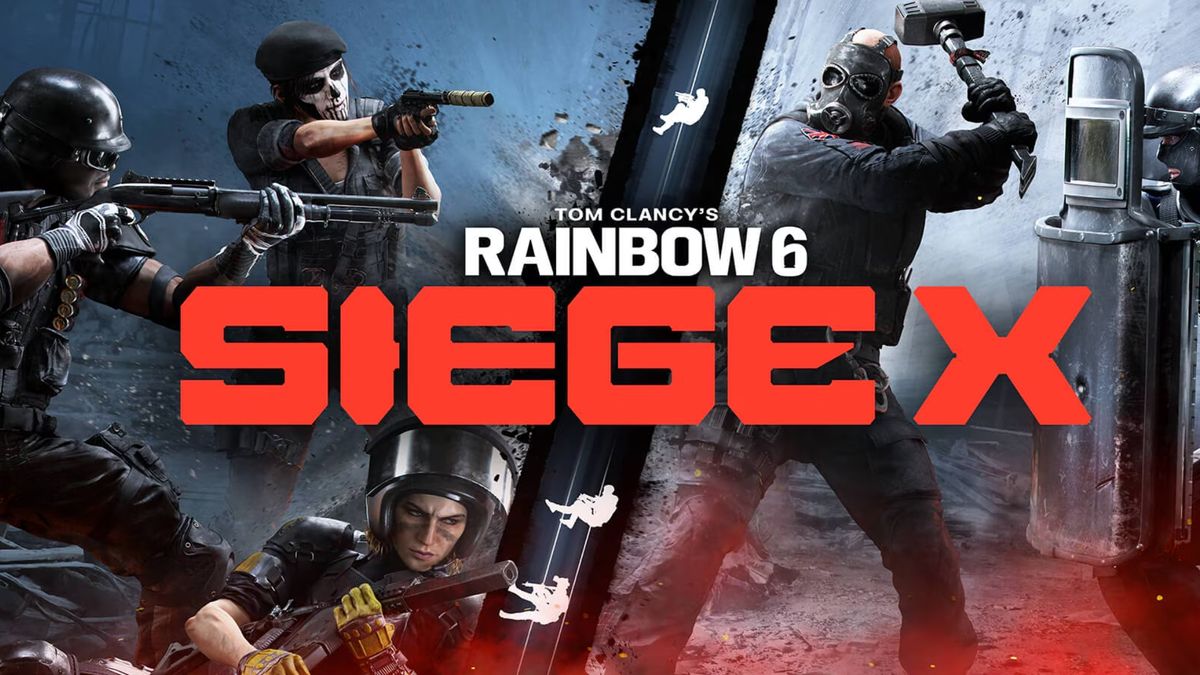
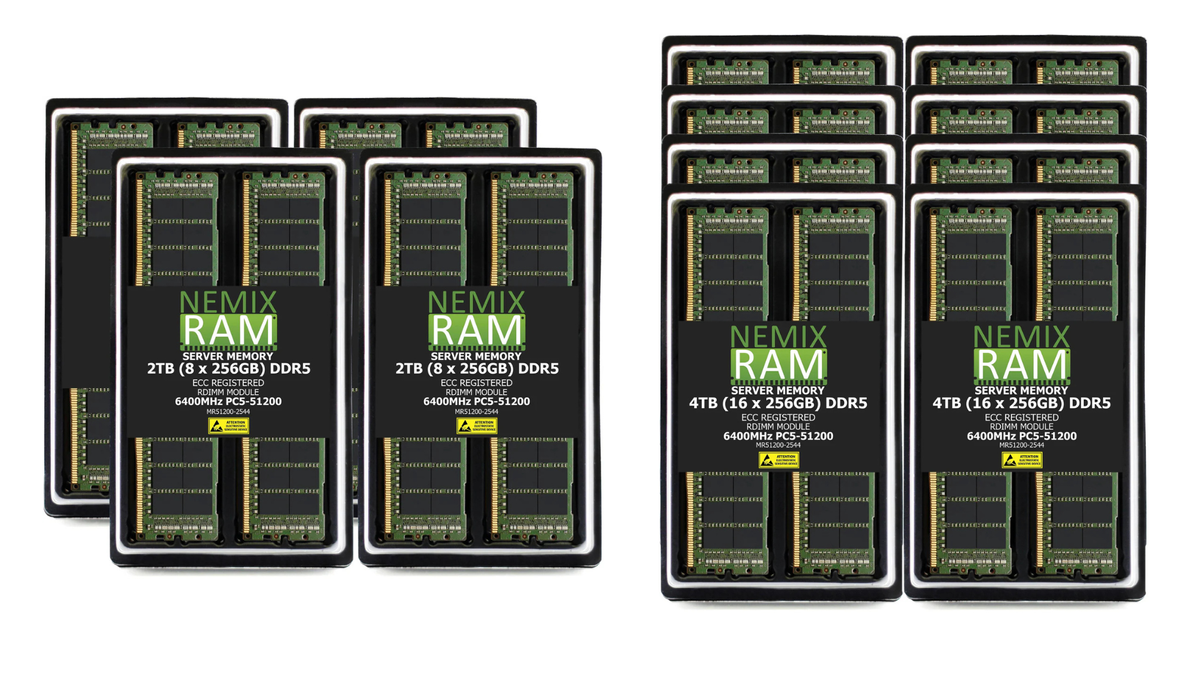





 English (US) ·
English (US) ·